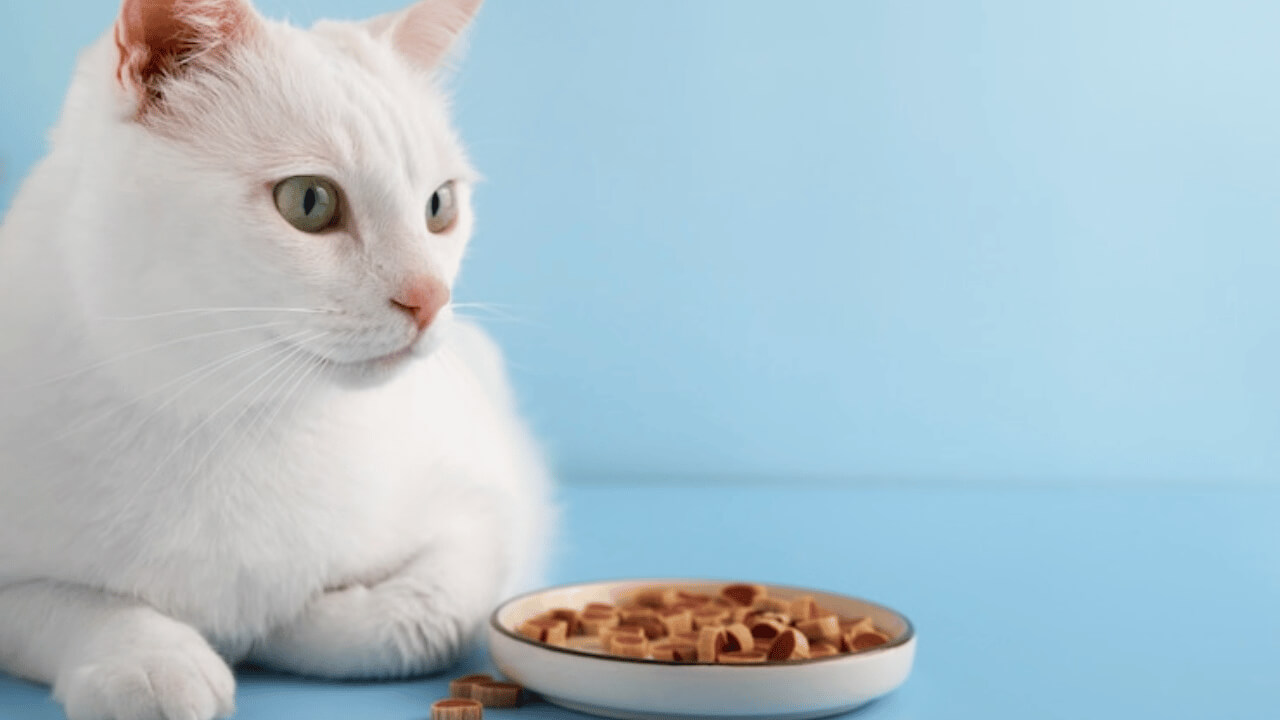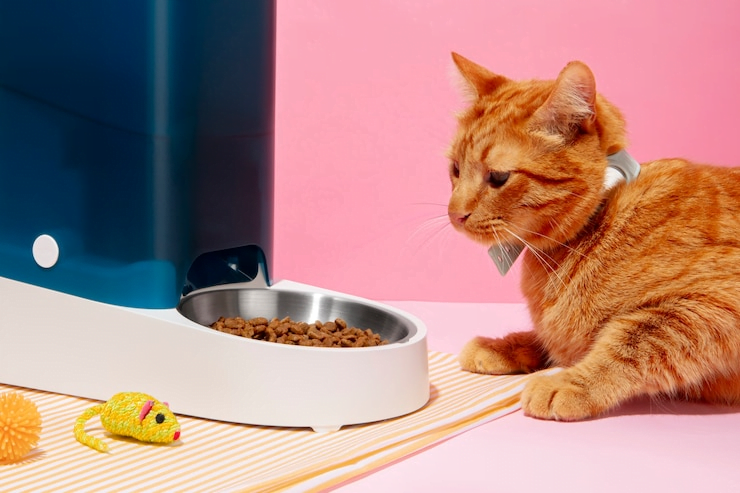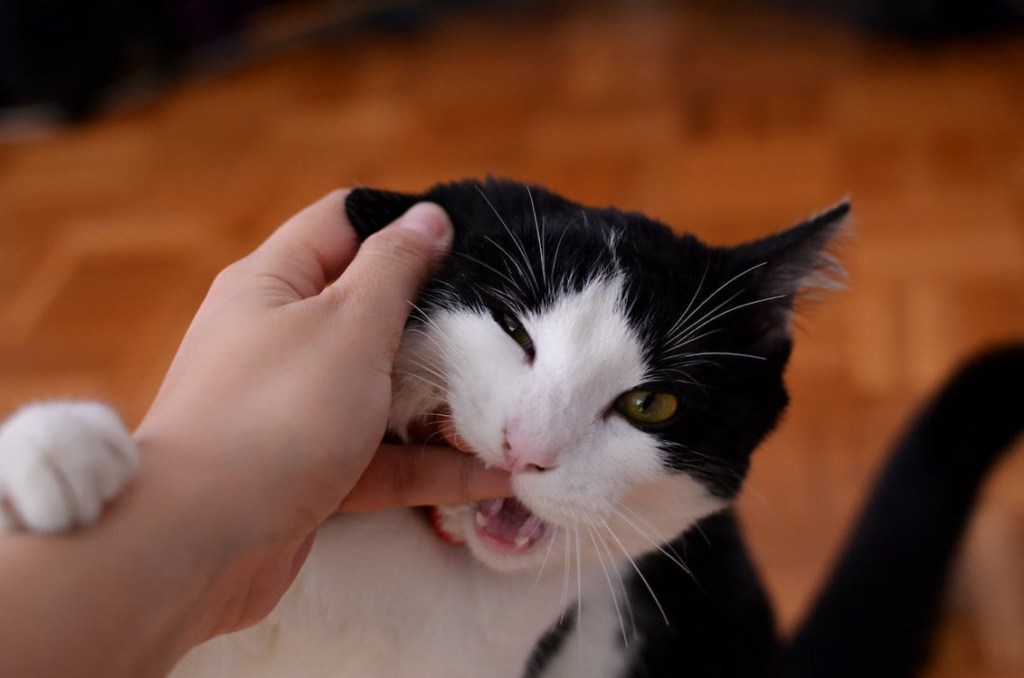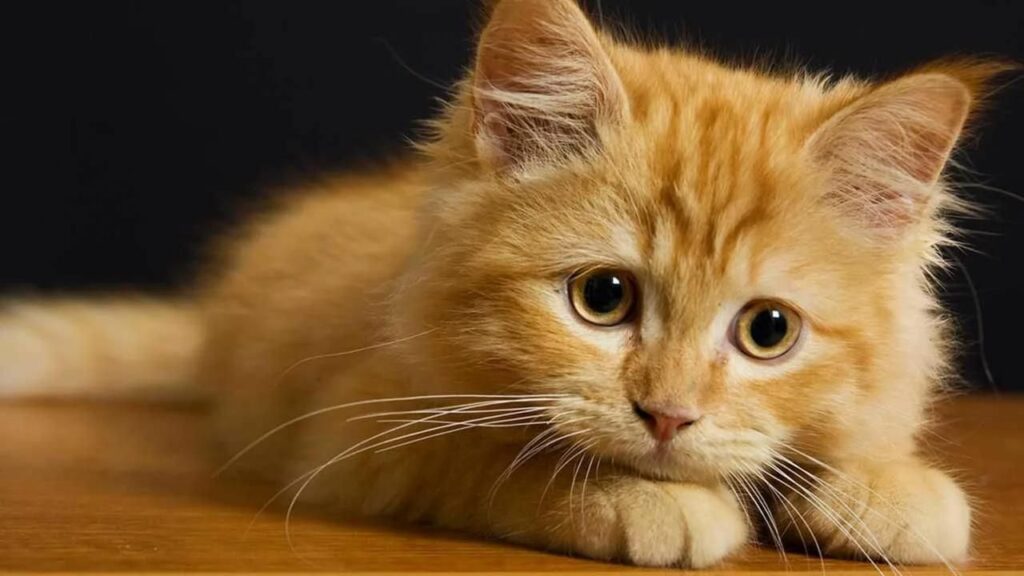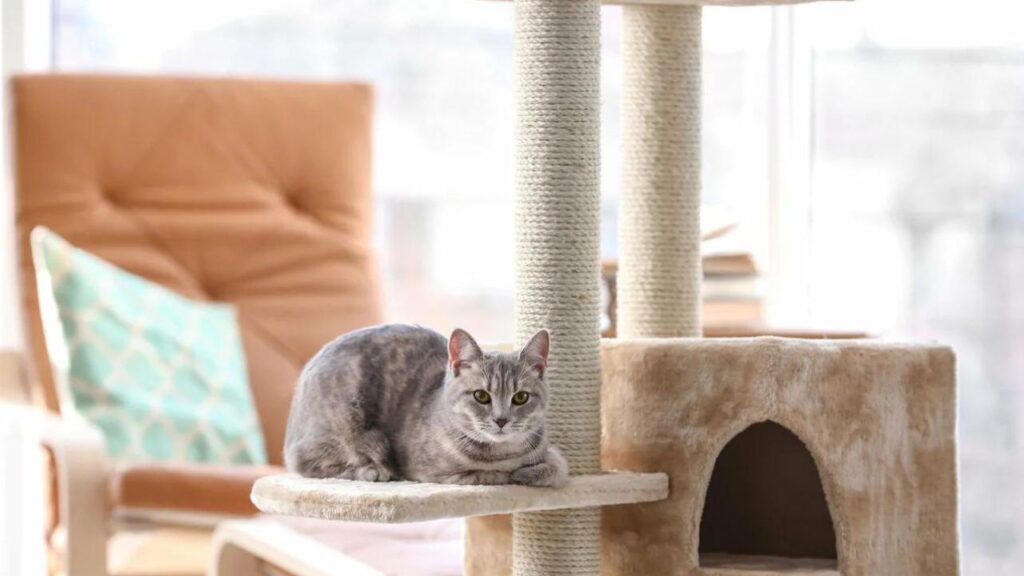
Choosing the best cat food for indoor cats is very important for a cat. Indoor cats have unique dietary needs compared to their outdoor counterparts due to their lower activity levels. In this guide, we’ll explore the key factors to consider when selecting cat food and review some of the top choices available.
What Makes Good Indoor Cat Food?
Indoor cats require a balanced diet that supports their specific lifestyle. Optimal indoor cat food should be:
Rich in Protein: Look for cat food with high-quality protein sources like chicken, turkey, or fish.
Low in Calories: Indoor cats are prone to weight gain, so choose a formula with controlled calorie content.
Balanced Nutrition: Essential vitamins, minerals, and taurine are vital for indoor cats’ overall health.
Hairball Control: Many indoor cats experience hairballs; select food with added fiber to aid digestion.
Moisture Content: Wet food can help increase hydration levels, which is essential for indoor cats who may not drink enough water.
Types of Indoor Cat Food
There are several types of cat food suitable for indoor cats:
- Dry Kibble: Convenient and helps with dental health, but ensure it’s not high in carbohydrates.
- Wet Food: Higher moisture content and often more palatable for cats; good for hydration.
- Special Formulas: Some brands offer specialized indoor cat formulas tailored to their needs.
Best cat food for indoor cats
Here are some highly recommended options for indoor cat food:
1. Wellness Complete Health Indoor Chicken Recipe
Wellness Complete Health Indoor Chicken Recipe provides balanced nutrition with real chicken as the primary ingredient. It contains optimal levels of protein and fiber to support indoor cats’ health and digestion.
2. Blue Buffalo Indoor Health Adult Chicken & Brown Rice Recipe
Blue Buffalo’s Indoor Health formula features real chicken and wholesome grains. It’s packed with antioxidants, vitamins, and minerals, promoting overall health for indoor cats.
3. Hill’s Science Diet Indoor Dry Cat Food
Hill’s Science Diet Indoor Dry Cat Food is formulated with natural fibers to support hairball control. It’s also rich in antioxidants and omega fatty acids for healthy skin and coat.
4. Purina Pro Plan Indoor Care Turkey & Rice Formula
Purina Pro Plan’s Indoor Care formula offers high protein content with real turkey. It helps maintain a healthy weight and supports muscle development in indoor cats.
5. Royal Canin Indoor Adult Dry Cat Food
Royal Canin’s Indoor Adult Dry Cat Food is designed specifically for indoor cats’ needs. It aids in digestion and reduces litter box odors, making it an excellent choice for indoor environments.
6. Benefits of Wet Cat Food
Wet cat food offers higher moisture content, essential for indoor cats who may not drink enough water. It supports kidney health and prevents urinary issues.
7. Criteria for Vet-Recommended Food
When choosing cat food, look for vet-recommended options. These formulas are backed by experts and often contain optimal levels of essential nutrients.
8. Homemade Cat Food: Pros and Cons
Homemade cat food allows for full control over ingredients. However, it requires careful planning to ensure all nutrients are adequately provided.
9. Best Wet Cat Foods for Indoor Cats
Several wet cat foods cater specifically to indoor cats. Brands like Fancy Feast and Wellness Core offer delicious and nutritious options.
10. Top Vet-Recommended Brands
Consult your vet for recommended brands, such as Royal Canin Indoor Formula or Hill’s Science Diet Indoor Cat Food.
11. Tips for Transitioning to Homemade
Transitioning to homemade cat food requires gradual changes to avoid digestive upset. Start by mixing homemade food with their regular diet.
11. Common Mistakes to Avoid
Avoid feeding your indoor cat excessive treats or human food. Maintain a regular feeding routine and serve appropriate portion sizes to ensure your furry friend stays healthy and satisfied.
Ingredients to Look For
Opt for cat foods with high-quality protein sources like chicken or fish, supplemented with vitamins, minerals, and antioxidants. Look for named meat sources rather than vague terms like “meat by-products.”
Avoiding Harmful Ingredients
Avoid cat foods containing excessive fillers, artificial flavors, and preservatives. Also, steer clear of ingredients like corn, soy, and excessive carbohydrates, which may contribute to weight gain and digestive issues.
Feeding Schedule for Indoor Cats
Establish a regular feeding schedule for indoor cats to help regulate their metabolism and prevent overeating. Split their daily food intake into multiple small meals to mimic their natural grazing behavior.
Transitioning Cat Foods
When transitioning to a new cat food, do so gradually over several days by mixing small amounts of the new food with the old. Monitor your cat’s response and adjust accordingly to avoid digestive upset.
Key Ingredients to Look for
Protein is a critical component of a cat’s diet, especially for indoor cats who may not be as active. Search for premium animal-based proteins such as chicken, turkey, or fish to provide your beloved companion with the nourishment they deserve. Essential nutrients such as taurine, omega-3 fatty acids, and vitamins like A, D, and E are also important for their overall health.
Avoid cat foods with excessive fillers like corn, soy, or wheat, as these can contribute to obesity and digestive problems.
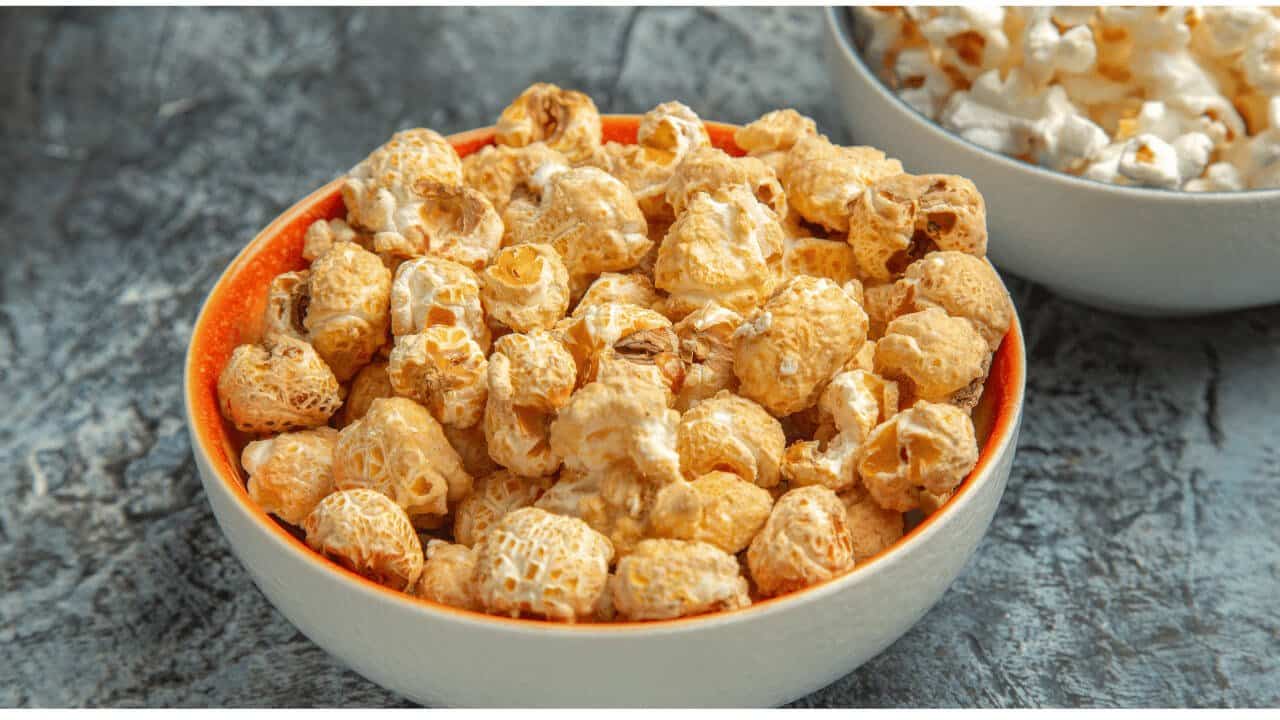
Types of Cat Food
There are different types of cat food available, including dry kibble, wet canned food, and semi-moist options. Wet food can be beneficial for indoor cats as it provides additional hydration, which is often lacking in their diet.
Special Diets for Indoor Cats
Many indoor cats struggle with weight management and hairball control. Look for specialized formulas that address these issues, such as weight control or hairball prevention diets. If your cat has allergies or sensitivities, opt for hypoallergenic options.
Choosing the Best Brand
When selecting cat food, consider reputable brands known for their quality and safety standards. Read reviews and consult with your veterinarian for recommendations based on your cat’s specific needs.
Transitioning to a New Food
Introduce new foods gradually to prevent digestive upset. Mix small amounts of the new food with the old food over several days until your cat adjusts.
Feeding Schedule and Portion Control
Establish a regular feeding schedule to prevent overeating. Portion control is crucial to maintaining a healthy weight. Adhere to the recommended feeding guidelines from the cat food manufacturer to ensure your precious feline receives the best care and nutrition.
Additional Tips for Indoor Cat Health

Ensure your indoor cat stays hydrated by providing fresh water at all times. Consider using interactive toys or puzzle feeders to stimulate their minds and keep them active. Ensuring regular dental care is crucial for safeguarding your cat’s oral health and preventing potential dental problems.
Conclusion
Choosing the best cat food for indoor cats is essential for their overall health and well-being. Consider your cat’s individual needs and preferences when selecting the right food. By providing a balanced and nutritious diet, you can ensure your indoor cat leads a happy and healthy life.
FAQs
How much should I feed my indoor cat?
Indoor cats generally require fewer calories than outdoor cats due to lower activity levels. Follow feeding guidelines based on your cat’s weight and adjust as needed.
Is grain-free cat food better for indoor cats?
While grain-free cat food can be an option, the key is to focus on high-quality protein sources and balanced nutrition rather than solely on the absence of grains.
Should indoor cats eat wet or dry food?
Indoor cats can enjoy both wet and dry food options, offering them variety and ensuring they receive the nutrition they need to thrive indoors. Wet food can provide additional hydration, while dry kibble may assist in dental health.
Can indoor cats eat regular cat food?
Indoor cats have specific dietary needs, so it’s advisable to choose cat food formulated for indoor cats to ensure they receive appropriate nutrition.
How can I help my indoor cat maintain a healthy weight?
Portion control, regular playtime, and choosing a balanced diet formulated for indoor cats are key to helping your feline friend maintain a healthy weight.

